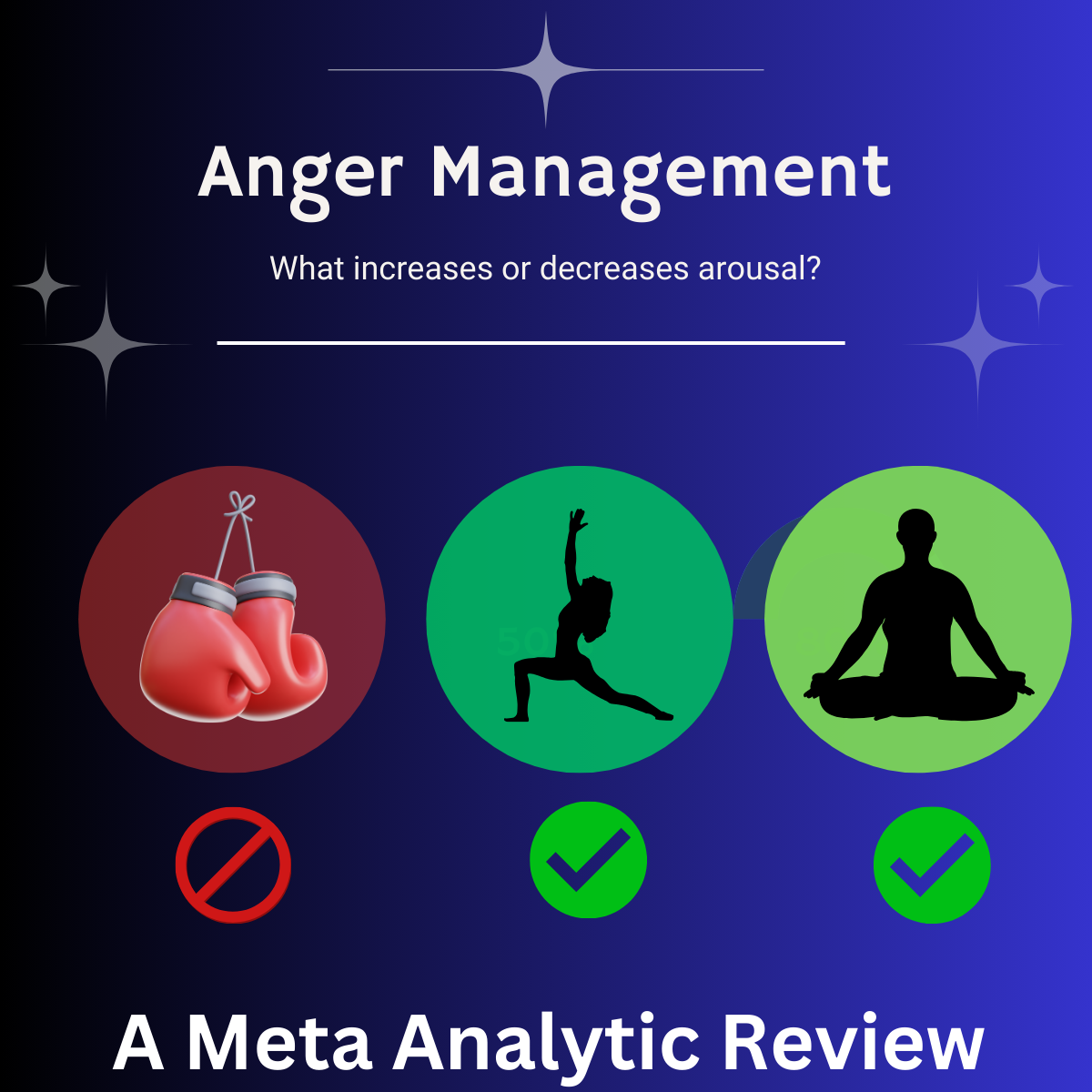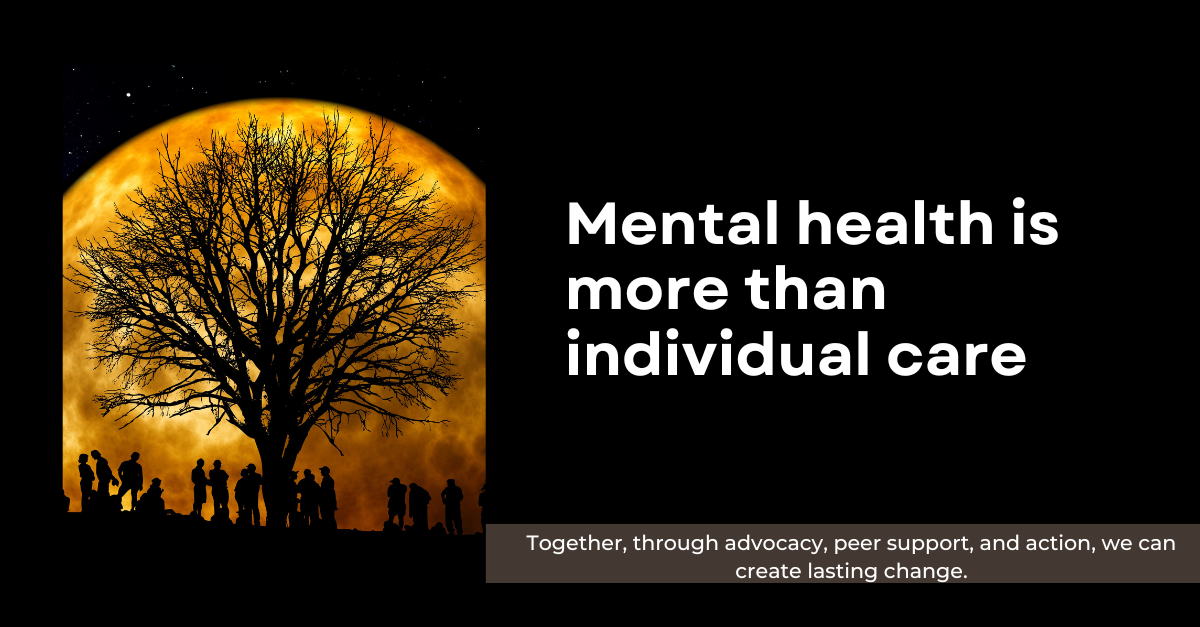Understanding loss - you are not alone
Today, I received news that someone I knew had passed away after several months of poor health. It prompted me to finalise a general post on loss and grief. Revisiting this topic reminds me of the profound challenges we all face when we lose people who are significant to us. It also reconnects me with other experiences of loss in my life—the death of my father and other relatives, colleagues who died from AIDS, a friend who overdosed, and even those who were once important but with whom I've lost touch as our lives took different paths.
The times I shared with these individuals become part of my history. When they were very significant, a part of them stays with me. The hole left by their absence doesn’t disappear; it becomes smaller as we experience other aspects of life. It remains to remind us of what we shared. Yet grief and loss is personal we all process it in different ways. Where there are rituals for grieving this can sometimes assist, where there are not we must each find our own path.
The originla draft was more business like (see below) all true however it can not adequate describe someones experience of loss, it is here that I believe we can find solace and value in the lost art of poetry -
Do Not Stand at My Grave and Weep - Mary Elizabeth Frye
Do not stand at my grave and weep,
I am not there; I do not sleep.
I am a thousand winds that blow,
I am the diamond glints on snow,
I am the sunlight on ripened grain,
I am the gentle autumn rain.
When you awaken in the morning's hush
I am the swift uplifting rush
Of quiet birds in circled flight.
I am the soft stars that shine at night.
Do not stand at my grave and cry,
I am not there; I did not die.
Original inadequate draft post
I want to reassure you that what you're feeling is completely normal. Here's a breakdown of what you might be going through and why it's okay to feel this way.
Emotional Rollercoaster
- Sadness and Depression: It's completely normal to feel these intense emotions after a loss. They can come and go, often without warning, but that's okay.
- Anxiety and Worry: You might feel anxious about the future or overwhelmed by the changes in your life. This is a natural response to losing something or someone important.
- Anger and Frustration: Feeling angry—at yourself, others, or even the person who has passed—is a standard part of the grieving process.
- Guilt: Many people feel guilty about things left unsaid or undone. These feelings are a normal part of trying to make sense of the loss.
Cognitive Effects
- Confusion and Disorientation: Grief can make concentrating or making decisions hard. You might feel like you are in a fog, or your mind is constantly preoccupied with the loss.
Intrusive Thoughts: It is normal to find your thoughts returning again and again to the person or situation you've lost. For instance, you might find yourself thinking about the last conversation you had with the person, or the circumstances of their passing. This can happen even when you are trying to focus on other things.
Physical Reactions
- Fatigue and Exhaustion: Grieving is exhausting. You might feel tired all the time, and that is okay.
- Sleep Problems: Difficulty falling asleep, staying asleep, or having nightmares is a common response to grief.
Behavioural Changes
- Social Withdrawal: You might find yourself pulling away from friends and family. This is a normal way of coping as you process your loss.
- Changes in Eating Habits: Loss of appetite or eating more than usual are common reactions to grief.
It is Okay to Feel This Way
For example, a particular song or a place might remind you of the person you've lost, triggering a wave of emotions. Understanding these triggers can help you anticipate and manage your emotional responses.
Allow Yourself to Grieve
Grief can be unpredictable, affecting every part of your life. Permit yourself to feel your emotions without judgment. It is a necessary part of the healing process.
Reach Out When You're Ready
When you feel ready, talking to someone about your grief can help. Whether it is a friend, family member, or professional, sharing your experience can be a crucial step in your journey. If you find that you're struggling to cope, it's okay to seek professional help. There are therapists and counselors who specialize in grief and can provide the support you need.
Remember, your feelings are valid. Grieving is a deeply personal process, and it is okay to take the time you need to heal. You are not alone on this journey.











